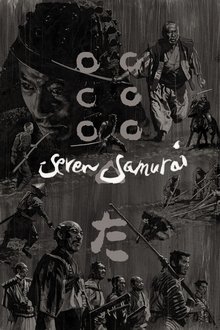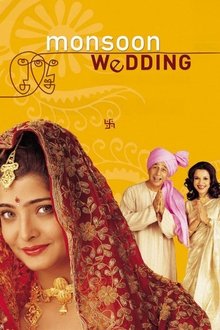Love is a business at Family Romance, a company that rents human stand-ins for any occasion. Founder Yuichi Ishii helps make his clients’ dreams come true. But when the mother of 12-year-old Mahiro hires Ishii to impersonate her missing father, the line between acting and reality threatens to blur.
Related Movies

Tora! Tora! Tora! (1970)
In the summer of 1941, the United States and Japan seem on the brink of war after constant embargos and failed diplomacy come to no end. "Tora! Tora! Tora!", named after the code words used by the lead Japanese pilot to indicate they had surprised the Americans, covers the days leading up to the attack on Pearl Harbor, which plunged America into the Second World War.
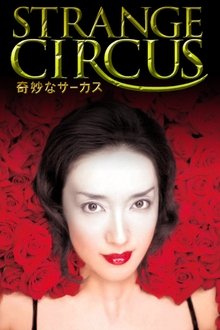
Strange Circus (2005)
The erotic novelist Taeko is writing a morbid story of a family destroyed by incest, murder and abuse. Her assistant, Yuji, sets on a mission to uncover the reality of this story, but the reality might be too much to bear.
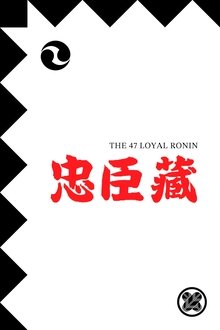
The 47 Loyal Ronin (1910)
An adventure film with Benshi performers. Sometimes considered the 'first Japanese feature film', it survives today as a compilation of scenes from various different 1910s adaptations totaling nearly three hours in length. The bulk of the content comes from the 1911 adaptation by legendary Japanese filmmaker Makino Shozo.

Crick in the Holler (2017)
Set in West Virginia during the 2014 Elk River chemical spill, a first-generation college student clashes with her family while investigating a bizarre issue with their water supply.
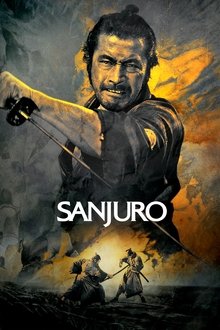
Sanjuro (1962)
Toshiro Mifune swaggers and snarls to brilliant comic effect in Kurosawa's tightly paced, beautifully composed "Sanjuro." In this companion piece and sequel to "Yojimbo," jaded samurai Sanjuro helps an idealistic group of young warriors weed out their clan's evil influences, and in the process turns their image of a proper samurai on its ear.

Let It Flow (2022)
Two estranged brothers are forced to meet at the family's beach house to settle legal matters after their father passes away. In the midst of their disagreements they discover that they have more in common than they thought.
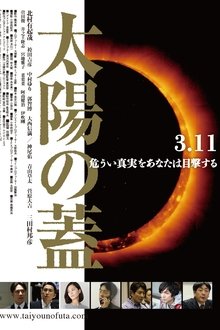
The Seal Of The Sun (2019)
At 2:46 PM on March 11, 2011, the Fukushima Daiichi Nuclear Power Plant experiences a black out due to the aftermath of the Tōhoku earthquake and tsunami. The cooling system fails at the nuclear power plant and the temperature of the nuclear reactor rises. The worst case is coming. Scientists face an unexpected situation and government officials are confused by lack of information. Residents says goodbye to their hometown before evacuating.
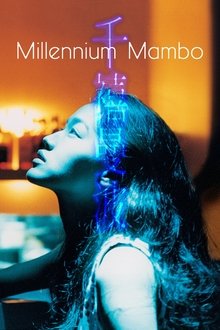
Millennium Mambo (2001)
Vicky recalls her romances with her exes Hao Hao and Jack in the neon-lit clubs of Taipei.
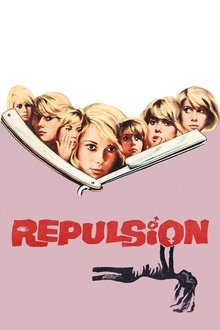
Repulsion (1965)
Beautiful young manicurist Carole suffers from androphobia (the pathological fear of interaction with men). When her sister and roommate, Helen, leaves their London flat to go on an Italian holiday with her married boyfriend, Carole withdraws into her apartment. She begins to experience frightful hallucinations, her fear gradually mutating into madness.
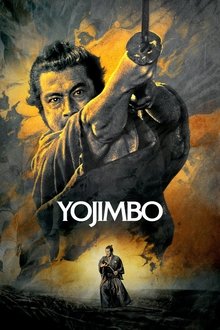
Yojimbo (1961)
A nameless ronin, or samurai with no master, enters a small village in feudal Japan where two rival businessmen are struggling for control of the local gambling trade. Taking the name Sanjuro Kuwabatake, the ronin convinces both silk merchant Tazaemon and sake merchant Tokuemon to hire him as a personal bodyguard, then artfully sets in motion a full-scale gang war between the two ambitious and unscrupulous men.
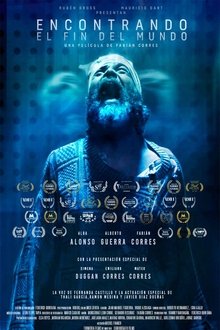
Finding the End of the World (2022)
Jorge is a musician, he gets fired trying to find a melody from the noise of the street, the same day his wife and youngest son died. He must appear sane to take care of his oldest son Lucas, otherwise, he will also lose him.
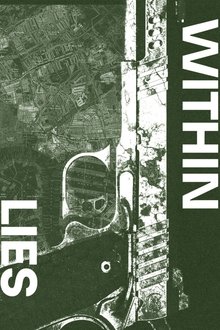
Within Lies (2024)
Following a trail left by their enigmatic father, a courageous young girl, driven by the legend of the parent he idolizes, and his astute brother, determined to shield him from harsh truths, are reluctantly swept into a dangerous hunt for an ancient treasure. Together, they must navigate a path filled with danger and deception, forcing them to confront their family’s dark secrets while fighting to stay alive.
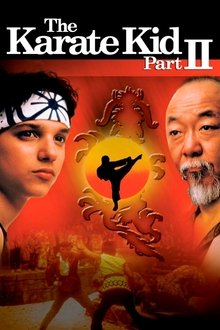
The Karate Kid Part II (1986)
Summoned by his dying father, Miyagi returns to his homeland of Okinawa, with Daniel, after a 40-year exile. There he must confront Yukie, the love of his youth, and Sato, his former best friend turned vengeful rival. Sato is bent on a fight to the death, even if it means the destruction of their village. Daniel finds his own love in Yukia's niece, Kumiko, and his own enemy in Sato's nephew, the vicious Chozen. Now, far away from the tournaments, cheering crowds and safety of home, Daniel will face his greatest challenge ever when the cost of honor is life itself.
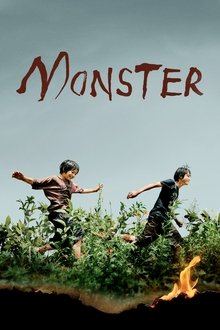
Monster (2023)
After an outburst at school involving her son, a concerned single mother demands answers, triggering a sequence of deepening suspicion and turmoil.
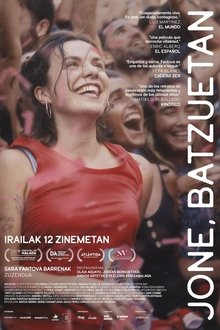
Jone, Sometimes (2025)
Bilbao, August. Jone, 20 years old, lives with her father and younger sister Marta. Aita, Jone's father, had to quit his job due to the consequences of his Parkinson's disease. Meanwhile, Bilbao's Semana Grande festivities kick off, setting the stage for Jone's first experience of love. Throughout this summer, Jone will navigate the dichotomy between the sense of invincibility she shares with Olga, the girl she falls in love with, and the fear of being left alone due to her father's illnes
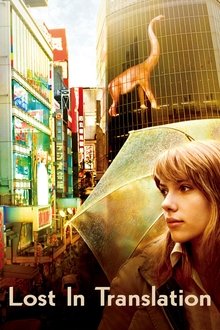
Lost in Translation (2003)
Two lost souls visiting Tokyo -- the young, neglected wife of a photographer and a washed-up movie star shooting a TV commercial -- find an odd solace and pensive freedom to be real in each other's company, away from their lives in America.

Rashomon (1950)
Four people recount different versions of the story of a man's murder and the rape of his wife.
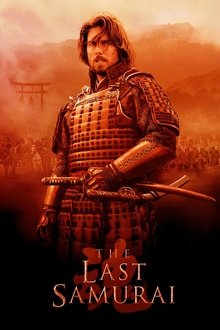
The Last Samurai (2003)
Nathan Algren is an American hired to instruct the Japanese army in the ways of modern warfare, which finds him learning to respect the samurai and the honorable principles that rule them. Pressed to destroy the samurai's way of life in the name of modernization and open trade, Algren decides to become an ultimate warrior himself and to fight for their right to exist.
